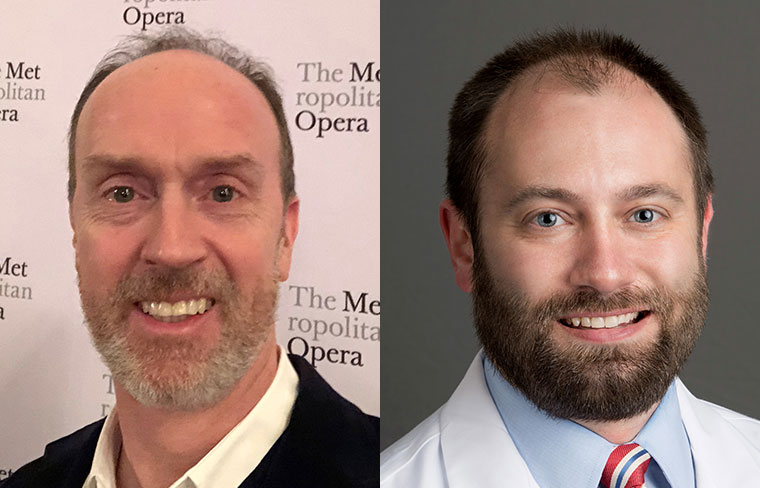
Researchers and surgeons have been slow to recognize the importance of the trillions of microbes that reside in the GI tract. A healthy gut microbiome can reinforce health throughout the body while a gut microbiome that’s out of balance can have dramatic, even fatal consequences.
“It’s very important to respect the gut microbiome and how these bacteria may influence disease outside the GI tract. For example, the evidence linking the gut microbiome to cardiac disease is quite compelling,” said Gareth Morris-Stiff, MD, PhD, associate professor of surgery at the Cleveland Clinic Lerner College of Medicine at Case Western Reserve University, OH.
Dr. Morris-Stiff will co-moderate Sunday’s SSAT State-of-the-Art Conference: Advancements in the Microbiome. The 90-minute session will feature five expert lectures, including a presentation on “Colorectal/GI Optimization” by Benjamin Shogan, MD, assistant professor of surgery at the University of Chicago Medicine, IL.

“We will highlight how intestinal bacteria influence patients who are undergoing surgery,” Dr. Shogan said. “We don’t know a lot yet, but we do know that intestinal bacteria interact with healing proteins as surgical wounds heal. And we really don’t know the best way to prepare the bowel for surgery. Our current methods may well be getting rid of good bacteria as well as some of the bad players.”
There’s also growing evidence about the relationship between the gut microbiome and GI conditions that surgeons see on a regular basis, including inflammatory bowel disease, pancreatic cancer and colorectal cancer.
“Dr. George Miller from NYU believes he has found a link between the microbiome and pancreatic cancer, and the implications could be significant in terms of pathogenesis and maybe eventually providing a biomarker for this devastating disease,” Dr. Morris-Stiff said. “That would give us the potential to start screening people using stool or even oral flora samples.”
Or consider something closer to home: surgical complications.
“Surgical complications could certainly be managed better by manipulating the microbiome,” Dr. Shogan said. “If we find that certain bacteria prevent or inhibit healing, we may be able to remove them or reduce their numbers to improve healing after surgery. At least we would have a predictive marker to help us identify our patients at higher risk of poor healing.”
For now, the clinical applications of microbiota manipulation are limited. Fecal microbiota transplant, used to treat refractory C. difficile infection, is just beginning to be adopted.
“It’s easy to see how the microbiome is so important in surgical disease,” Dr. Shogan said. “We are in the infancy of understanding how the microbiome affects our surgical patients, but it clearly does. This is your opportunity to find out what we
have learned so far and where we are all headed in working with the microbiome to improve our patients’ outcomes.”
Please refer to the DDW Mobile App or the Program & Exhibits section for the time and location of this and other DDW® events.



